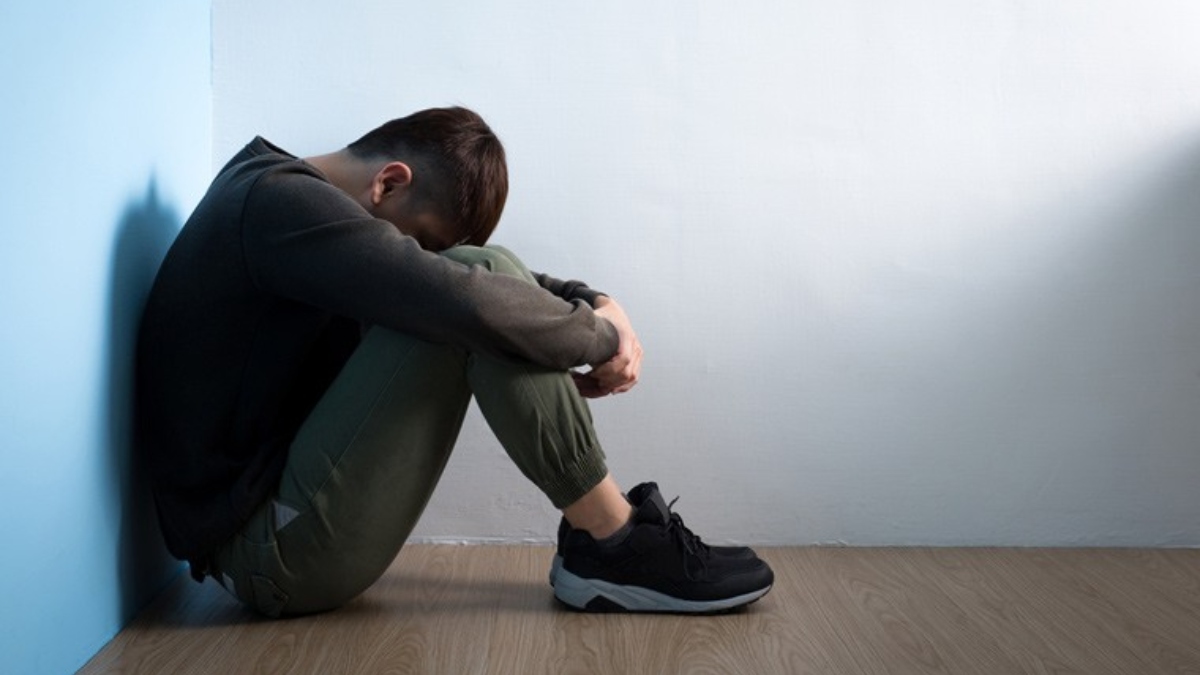Debunking myths about men's mental health
 Representatinal image
Representatinal image
From the stress of handling multiple roles to being burdened by the cultural expectation to be strong, both mentally and physically, several hindrances stop men from seeking help. Dr Rahul Chandhok, Senior Consultant and Head of Psychiatry at Artemis Lite NFC, New Delhi and Dr Sameer Malhotra, Senior Director and Head of Mental Health and Behavioural Sciences at Max Super Speciality Hospital, Delhi, identify the myths.
Myth: Men do not have emotions: Society wrongly believes that men don’t have major emotional needs. Both doctors stress that men are emotional beings who want caring partnerships and friendship. Hiding emotions doesn't show strength. It often leads to worry, sadness, and even anger.
Myth: Mental illness means weakness: Mental illness is treated like a personal failure rather than a condition that needs to be treated. Mental health problems can affect anyone, regardless of gender. They require professional care, just like physical illnesses.
Myth: Men cannot express their feelings: The belief that men can’t cry or show distress creates psychological harm. Showing emotions is a sign of mental maturity. Crying provides the necessary stress relief and emotional release.
Myth: Men should handle their problems alone: The belief that men should solve everything by themselves prevents them from seeking help. Both doctors emphasise that asking for help shows courage and self-awareness, not weakness.
Warning signs
Chandhok highlights that men often show depression and anxiety differently than women. Instead of traditional symptoms, they display irritability, anger, or turn to drugs and alcohol. This leads to wrong diagnosis and delayed treatment. The real issues stay hidden and get worse.
The pressure to be ‘Manly’
Society’s narrow view of masculinity creates extra pressure. Men feel they must look a certain way leading to body image and self-worth issues.
The results of these myths are severe. Men, especially those aged 40-60, face much higher suicide risks. Spotting warning signs early and getting immediate help can save lives.
Both experts want to change how we talk about men’s mental health. Real masculinity involves knowing yourself, understanding emotions, and having the courage to get support when needed. Breaking these myths helps men worldwide communicate more openly. The message is simple: admitting you need help is not a weakness. It is the foundation of real strength and emotional growth.
Health